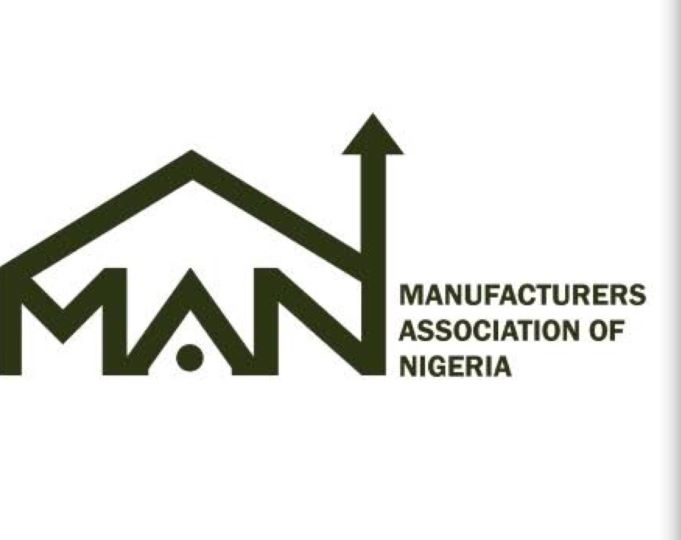
 The confidence index of Chief Executive Officers (CEO) of the Manufacturers Association of Nigeria (MAN) in the first quarter of 2024 has risen by 1.7 points for the first in the last six quarters.
The confidence index of Chief Executive Officers (CEO) of the Manufacturers Association of Nigeria (MAN) in the first quarter of 2024 has risen by 1.7 points for the first in the last six quarters.
Otunba Francis Meshioye, President, MAN, disclosed this during the Public Presentation of the MAN CEO’s Confidence Index Report on Thursday in Lagos.
BRANDPOWER reports that the Association’s CEO’s Confidence Index (MCCI) is used to measure changes, quarterly in the pulse of 400 CEOs of manufacturing concerns to development in government policies and movement in macroeconomic indicators.
Meshioye reported moderate improvement in the Aggregate Index Score (AIS) evidenced by the meagre increase from 51.8 points in the fourth quarter of 2023 to 53.5 points.
He said the indicators considered during the period under review include changes in business conditions, employment and production levels in the economy.
The MAN President, however, noted that the current business and employment conditions remained below the average 50 points threshold due to rising inflation, escalating energy costs, exchange rate instability and unstable customs duty rates, particularly in January and February.
Meshioye emphasised the need for the development of the manufacturing sector to be at the front burner for economic policymakers as the sector was the most essential for sustained economic growth and shared prosperity.
“The Manufacturers Association of Nigeria acknowledges the government’s efforts at revitalising the manufacturing sector evidenced by the recent monetary policy initiatives targeted at salvaging the economy.
“However, it must be made clear that most of these policy initiatives have not resulted in a win-win situation.
“Most notably, the consecutive hikes in the Monetary Policy Rate by 600 basis points to combat inflation and encourage the inflow of foreign portfolio investment will not result in sustainable gains for the naira.
“In its bid to bring high inflation under control, the Apex bank must strike a balance by implementing policies that stimulate foreign investment and promote an enabling environment for domestic manufacturers to flourish.
“It is high time the government focused more on promoting foreign direct investment and exports of high-value-added manufactured goods that are capable of boosting the country’s foreign exchange reserves and sustaining the appreciation of the naira,” he said.
Meshioye also urged the government to frontally address insecurity, improve electricity supply, promote fiscal sustainability, and ensure policy consistency.
He said among other priorities, the fiscal authority must also lend supportive measures by adequately incentivising the manufacturing sector and other productive sectors.
“This is very important to boost non-oil export earnings in addition to the increase in oil export proceeds occasioned by increased oil production, rising global oil prices and the coming on stream of the Dangote Refinery,” he said.
In his remarks, Mr Segun Ajayi-Kadir, Director General, MAN, noted that the performance showed that manufacturing was set on the path of restoration and recovery, with the hope of improvement in the next quarter.
Ajayi-Kadir attributed the performance to the undying resilience of manufacturers, the reasonable gains recorded by the Naira in the latter part of the first quarter and the expectation of a reasonable reduction in diesel price.
Concluding on MAN CEO’s Confidence Index Report, Ajayi-Kadir also urged the government to intentionally prioritise the manufacturing sector by implementing the sector-specific recommendations to revamp the sector and reposition the economy towards sustainable growth and development.






















